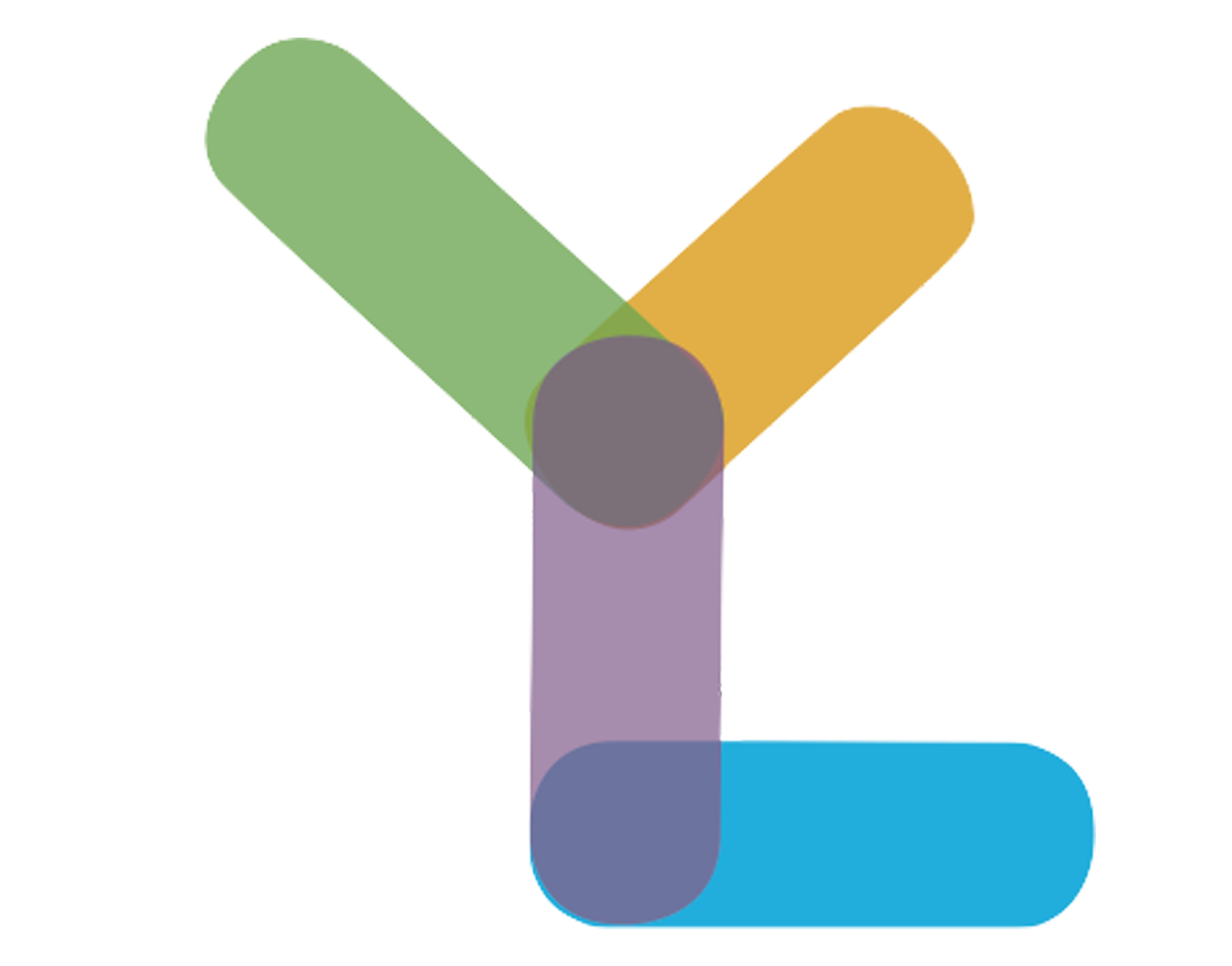Community Activator Series: Dylan Cohen
Dylan is a community organizer and change maker from the Red River Métis, based on unceded Coast Salish territories in Vancouver, BC. Dylan's background in social justice work started at the University of Winnipeg in grassroots campaigning about his frustrating experiences in child welfare. With the help of mentors, and additional training, Dylan launched a youth-driven campaign and used creative actions, lobbying, and community organizing to impact public policy. Dylan works with youth initiatives across the country, challenging systems of oppression and building capacity with youth leaders every day.
How do you think policy can help address climate change?
Dylan: I am dedicated to public policy work and have committed much of my personal and professional life to understanding and organizing around policy for social justice. Through grassroots action coupled with academia, popular research and policy think-tanks, I have developed a concise understanding of how systems can be influenced and changed through targeted policy and programs. Climate change is perhaps our most grave threat, and one we can mitigate through significant financial and regulatory commitments at various levels of government. Our responsibility, as citizens and engaged leaders, is to create conditions in which we are collectively thriving. This requires effective problem-solving and creative solutions to our most challenging social questions. By curbing the emissions of the largest polluters, shifting social norms around waste and use, and pressuring politicians to keep the iron in the fire, we can stop climate change.
What made you interested in FXC?
Dylan: I’m a policy wonk and organizer, who applies my lived experience of challenging and unjust systems of oppression to my professional endeavours. I grew up in Canada’s child welfare system. I was treated as just another Indigenous youth tossed around through a system that should have been working for us, but ended up doing more harm than good. Since finishing high school, I’ve found myself advocating for others in roles such as an organizer, facilitator, media spokesperson and community member.
While this work has been immensely meaningful for me, it’s been challenging to continuously watch others go through the same painful experiences that I have. This year, I will enroll in MIT’s Master of City Planning program. I am doing this to help pivot from child welfare policy advocacy to other systems. I have a great deal of interest in environmental movements through my connections to organizations like 350, Dogwood, and OrganizeBC. This program will give me the personal experiences and policy grounding I need to transition into work in the environmental movement.
What does climate action look like to you?
Dylan: I’m a campaigner and organizer. Good strategy means operating at a high-systems level to enact change. We need to stop the tired approaches of individual responsibility in the climate crisis. Real climate action means big commitments from leadership that are inspired from the grassroots level, from dedicated and fearless leaders standing up in the face of injustice.
We’re not going to create big systemic change without individuals. Enough people collectively supporting the same messages and demanding changes from their governments can alter relations of power.
What are some of your takeaways from FutureXChange and your community engagement event?
For his project, Dylan and fellow Community Activator Julia Welder organized a day-long youth empowerment workshop in Haida Gwaii focused on topics like climate justice and Indigenous resistance.
Dylan: FutureXChange was an opportunity to develop relationships and meaningful dialogue between folks with a variety of skill sets across a giant country. My fellow participants demonstrated unwavering commitments to climate change and political system advocacy. Examples of their actions include protecting the traditional familial way of life for Gwich'in northerners, launching class-action lawsuits against polluters and rallying hundreds of law students toward policy change. FXC showed me that these relationships will be at the core of all of our social change work and that the way of life for northerners is an essential climate change mitigation strategy.
We are proud of Dylan’s transition into the environmental movement, and are certain that he will continue to be a changemaker in this sector as well.

